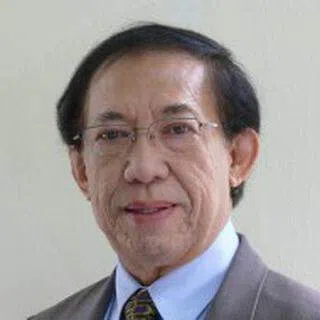The Chinese Indonesian vote in the 2024 presidential election
Coming to the end of his second term, Indonesian President Jokowi is still enjoying influence in Indonesian politics, with analysts believing that whoever he endorses will end up the winner in the presidential election in February 2024. How critical will the Chinese Indonesian vote be? ISEAS academic Leo Suryadinata explains.
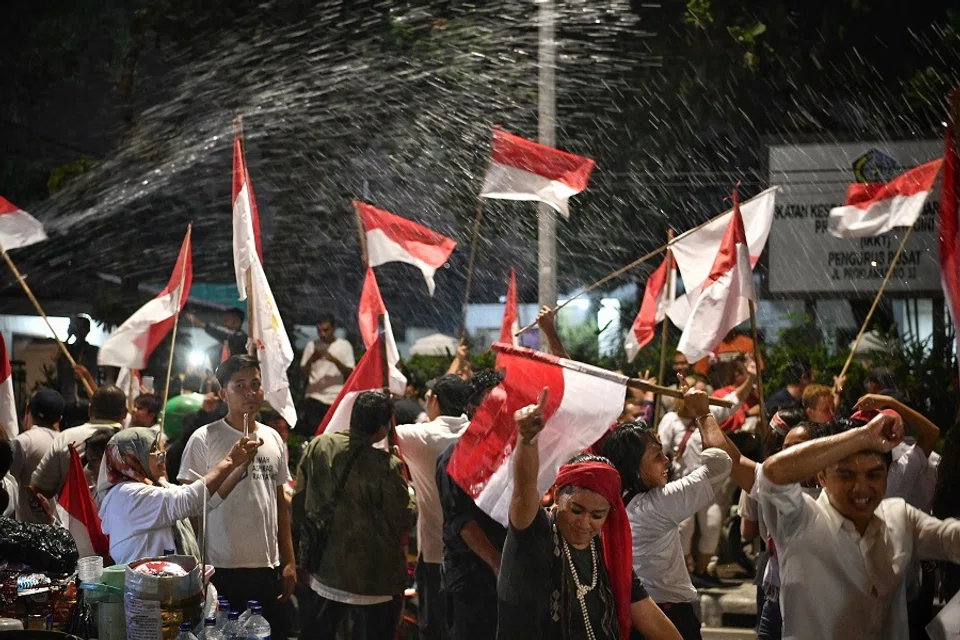
In mid-May, Paguyuban Sosial Marga Tionghoa Indonesia (PSMTI, Indonesian Chinese Clan Social Association) chairman Wilianto Tanta and his adviser Hary Tanoesoedibjo (Hary Tanoe) went to the presidential palace to thank Indonesian President Joko "Jokowi" Widodo of the Partai Demokrasi Indonesia Perjuangan (PDI-P, Indonesian Democratic Party of Struggle) for leading Indonesia to achieve political stability and unprecedented development in terms of the country's economic and social construction.
Tanoe told reporters later that the PSMTI will fully support the candidate endorsed by Jokowi at the presidential election on 14 February 2024 to ensure Indonesia's continued economic development. His remarks drew the attention of the Chinese community in Indonesia.
After former Indonesian President Suharto stepped down from office, numerous Chinese organisations were established, with the PSMTI being one of them. The PSMTI has branches in various Indonesian provinces and claims to represent the Chinese community in Indonesia.
Split views among the Chinese Indonesian community
Tanoe (Chinese name Chen Mingli) is a media tycoon who owns TV networks and numerous businesses, and is also the general chairman of Partai Persatuan Indonesia (Perindo). During the 2014 Indonesian presidential election, he supported Prabowo Subianto and opposed Jokowi. During the 2019 Indonesian presidential election, however, he supported Jokowi instead, perhaps to safeguard his business interests.
Jusuf Hamka (A Bun), the general chairman of Persatuan Islam Tionghoa Indonesia (PITI, the Union of Chinese Muslim in Indonesia), is also a tycoon, and has close ties with the Suharto family. He asserted that Tanoe does not represent Chinese Indonesians and cannot claim that the Chinese community will fully support the candidate Jokowi endorses. As a Chinese Indonesian himself, Hamka asserted that he did not authorise Tanoe to speak on his behalf.
Johanes Herlijanto, an expert on Chinese Indonesians, also thinks that Chinese Indonesians are not a single entity but a diverse one with differing political opinions...
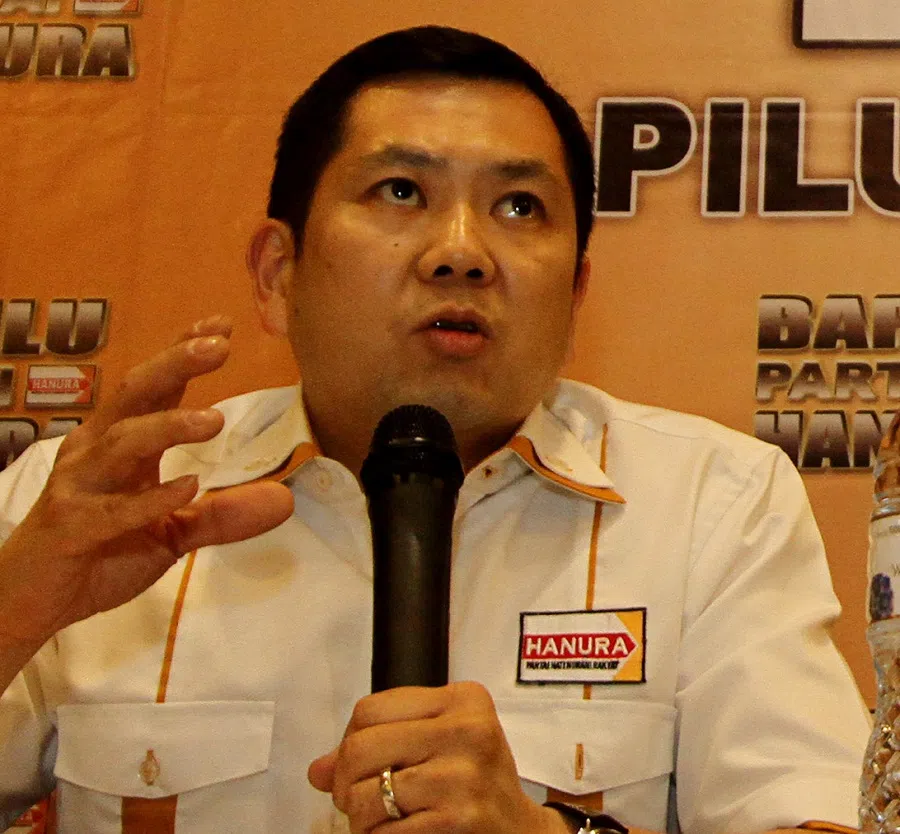
PSMTI Deputy Secretary-General Ardy Susanto said in a statement that the opinions expressed are Tanoe's own and do not represent the organisation, stressing that the PSMTI cannot directly participate in political activities because it is an association. At the same time, the PSMTI's members include party members from Partai Kebangkitan Bangsa (PKB, National Awakening Party) and Partai Demokrat (PD, Democratic Party), meaning that it would be impossible for PSMTI to back just one presidential candidate.
Johanes Herlijanto, an expert on Chinese Indonesians, also thinks that Chinese Indonesians are not a single entity but a diverse one with differing political opinions, where some support Golkar while others support Partai Persatuan Pembangunan (PPP, United Development Party), Nasdem (National Democratic Party) or the PDI-P.
There are currently three Indonesian presidential candidates. According to several polling organisations, current Indonesian Minister of Defense Prabowo Subianto, who was jointly nominated by his own Gerindra Party and the PKB, enjoys the highest approval rating; followed by Central Java governor Ganjar Pranowo, who was nominated by the PDI-P; and finally former governor of Jakarta Anies Baswedan, who was jointly nominated by three political parties including Nasdem.
Which presidential candidate would Chinese Indonesians support?
Among the three presidential candidates, who is the most popular among Chinese Indonesians?
The Chinese community is indeed a diverse entity boasting different languages, cultures and religions. At present, 24% of Chinese speak Chinese dialects or Mandarin at home, but the majority speak Indonesian. In terms of religion, about 42% of Chinese Indonesians are Buddhists and Confucians, 35% are Christians and Catholics, 5% are Muslims, and 2% are Hindus.
As for their political inclinations, the Chinese participate in various political parties, but the majority of them are members of the nationalist PDI-P and Golkar. Only a minority of them belong to Islamic parties.
Although no research was done on Chinese Indonesian voting behaviour, based on their religious and cultural backgrounds, they were more likely to vote for Jokowi. In other words, Chinese Indonesians supported Jokowi.
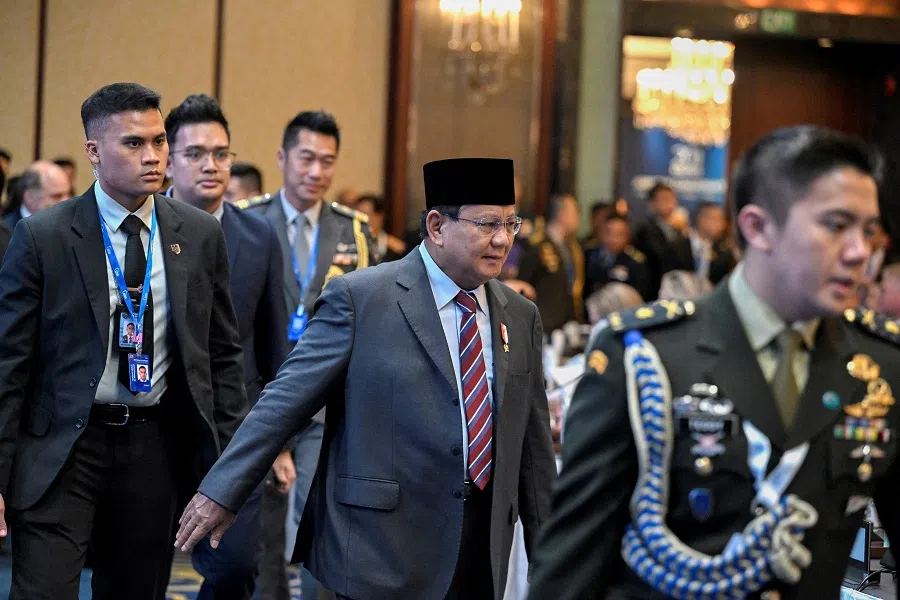
Only two presidential candidates ran for the 2014 and 2019 Indonesian presidential elections: Jokowi representing the nationalists; Prabowo representing the Islamic conservatives, radicals and Suharto forces. Indonesian politics at the time could be said to be polarised, with both presidential elections a battle over identity politics.
Amid the battle between both of these forces, Jokowi garnered 53.15% of the votes in 2014 and 55.5% in 2019, successfully winning the election both times. Although no research was done on Chinese Indonesian voting behaviour, based on their religious and cultural backgrounds, they were more likely to vote for Jokowi. In other words, Chinese Indonesians supported Jokowi.
... Jokowi is still revered and is the kingmaker of the upcoming presidential election. The presidential candidate that he supports will likely win.

However, will the 2024 presidential election be similar to the one in 2019? Will identity politics still play an important role in the election? Will Chinese Indonesians overwhelmingly support the nationalist candidate?
Under Jokowi's leadership, Indonesia's political situation is relatively stable and its economy is in good shape. Unlike former Indonesian President Susilo Bambang Yudhoyono's second term in office, Jokowi did not lose popular support or become a "lame duck". Even in his second term in office, Jokowi is still revered and is the kingmaker of the upcoming presidential election. The presidential candidate that he supports will likely win.
Among the three aforementioned presidential candidates, Ganjar is very similar to Jokowi in terms of ideology and background and was most trusted by Jokowi. This Central Java governor comes from a civilian background and belongs to the Sukarno camp. He has a strong Indonesian nationalist ideology, advocates religious and cultural diversity, and also supports Jokowi's construction plan.
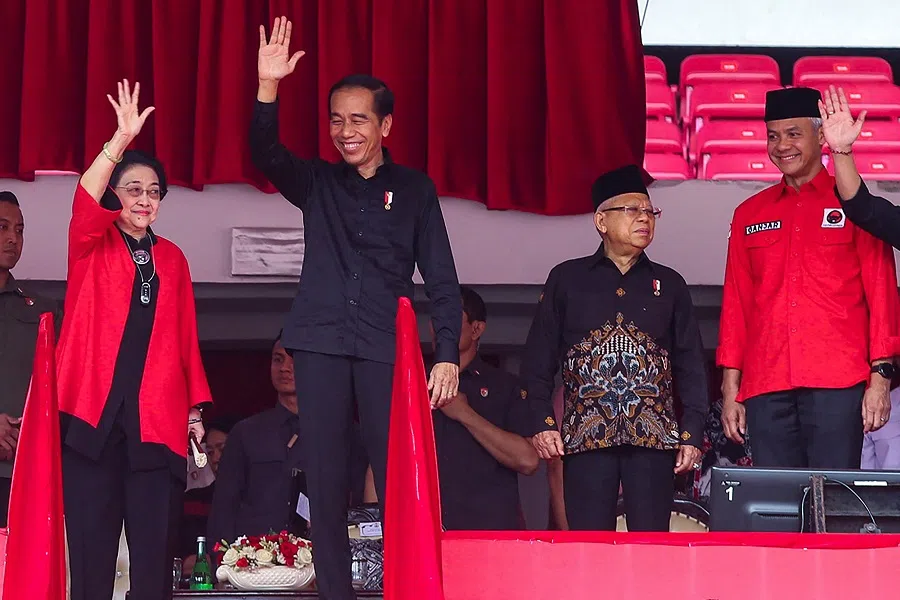
However, Megawati Sukarnoputri - leader of the PDI-P - delayed announcing the presidential candidate, and Ganjar Pranowo's nomination was slow to come. Megawati and her trusted party associates did not invite Jokowi to participate in the discussion, but only told Jokowi to attend the nomination ceremony after the decision was made.
In her speech, Megawati reminded Ganjar to remember that he is a cadre of the PDI-P. This created an impression that Ganjar should act on behalf of the party rather than as an independent candidate. There were rumours that Megawati and Ganjar had a secret agreement that if he was elected president, the Cabinet members would be chosen by Megawati. However, Ganjar denied any such agreement.
Down to Ganjar Pranowo and Prabowo Subianto?
Analysts believe that Jokowi feels Ganjar might be already under Megawati's control, as he did not explicitly express his support for Ganjar as the sole candidate when discussing the presidential candidates. Also, two names turned up in the public polls conducted by Jokowi's "volunteer group" supporters: Ganjar and Prabowo, complicating the presidential race.
Prabowo used to be Jokowi's enemy, but he suddenly gained Jokowi's favour. After Jokowi's election in 2019, Prabowo was invited to join the Cabinet as the defence minister in order to stabilise the political situation. Following several unsuccessful attempts to run for president, Prabowo decided to change his approach and accepted Jokowi's invitation. He gained approval within Jokowi's Cabinet, which also benefited his Gerindra Party members.
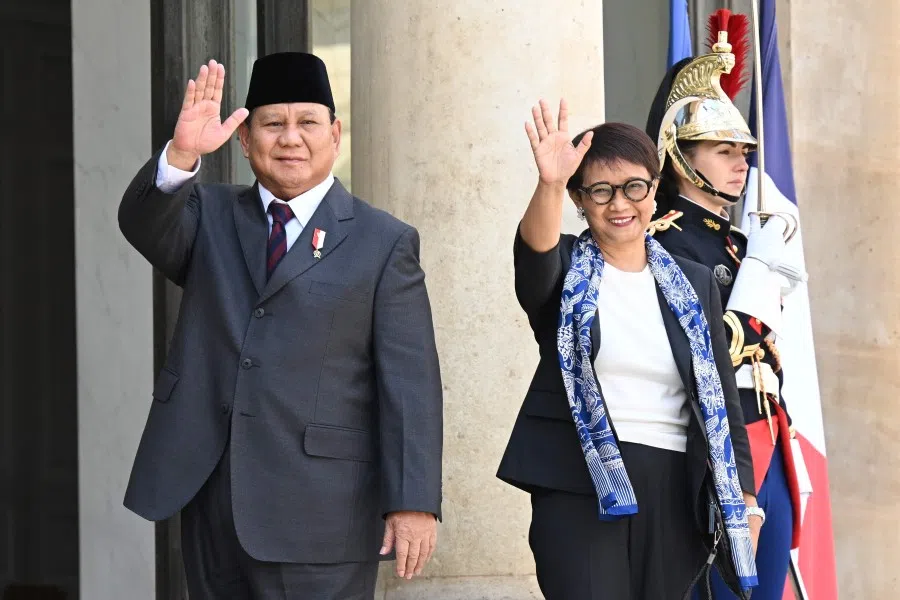
As a member of Jokowi's Cabinet, Prabowo no longer openly supported Islamic conservatives and radicals and portrayed himself as a moderate nationalist, visiting people and military leaders who had previously opposed him. Prabowo also visited Jokowi's hometown during important holidays and became friends with Jokowi's eldest son, Gibran Rakabuming Raka. There were rumours that Prabowo intended to run for president with Gibran as his running mate, but Gibran denied these speculations.
Prabowo continually praised Jokowi's achievements and promised to continue his legacy if elected. His change in strategy led to an increase in his popularity in the polls, as some people see him as a unifying figure capable of bringing together various factions in Indonesia.
Anies Baswedan is different from Ganjar and Prabowo. He proposed changing Indonesia's policies and stopping current development plans, including relocating the capital, and has attracted anti-Jokowi voters by presenting himself as different from Jokowi. He has the clear support of elites, Islamic conservatives, and radicals who are against Jokowi.
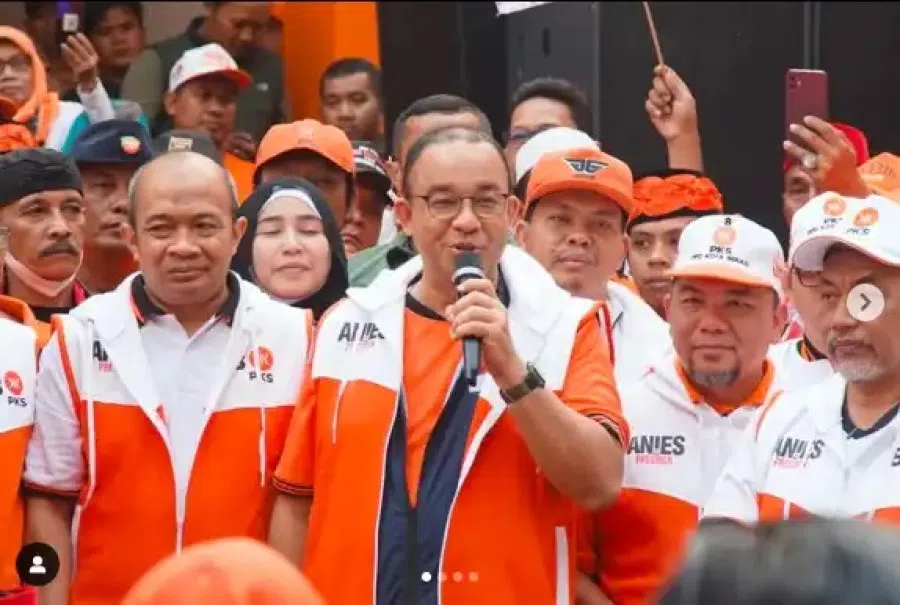
Anies was known for playing identity politics, but before stepping down as Jakarta governor, he began to cooperate with non-Muslim groups and positioned himself as an advocate of cultural diversity. He is skilled in public speaking and packaging himself, attracting many young intellectuals.
When votes are evenly split between candidates, Chinese votes may determine the outcome.
Chinese votes may determine the outcome
In Indonesia, the Chinese community is a minority, accounting for less than 2% of the population. Can they influence the election? This presidential election will see 60% young voters, and young Chinese voters also make up a similar percentage. Will they follow previous voting patterns?
Currently, there are no polls on the voting inclinations of the Chinese community, but most Indonesian Chinese are non-Muslims who are afraid of conservative Muslims, especially those who advocate an Islamic state. Anies is of Arab descent and was involved in identity politics, which is still fresh in the memory of many Chinese. Although he later changed his strategy and advocated religious diversity, he is still surrounded by conservative and radical Muslims. Some Chinese may admire his talent and vote for him, but the majority of Chinese Indonesians are unlikely to support him.
Prabowo seems to have transformed himself into a charismatic presidential candidate who can maintain Indonesia's political stability, and Jokowi currently still has a favourable view of him, at least according to some analysts. However, older Indonesian Chinese remember his involvement in anti-Chinese activities in 1998, as well as his connections with the Suharto family. They believe he was behind the killings of Chinese women at the time, with a record of human rights violations. Some young Chinese voters may not have historical baggage and may be attracted to him, but the older generation of Chinese may not vote for him.
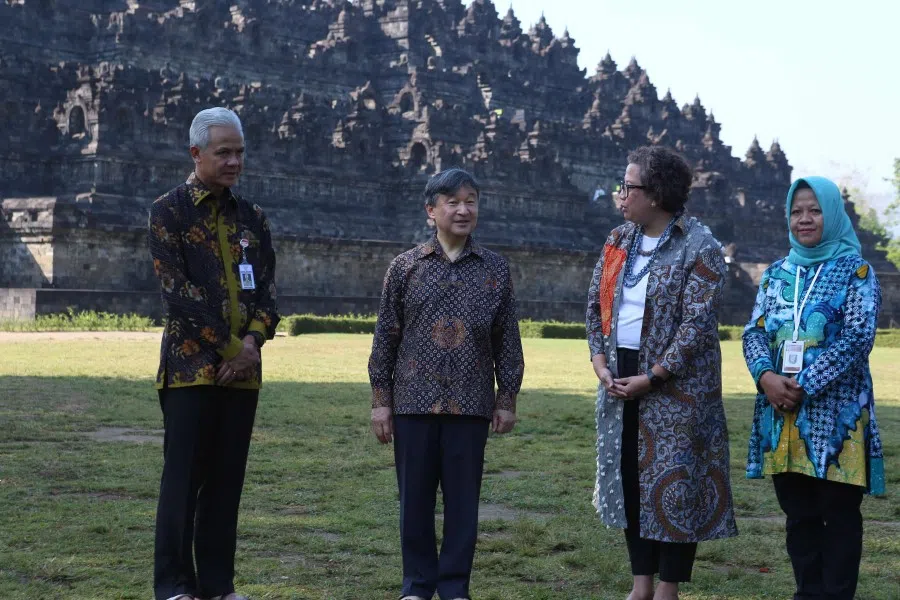
Ganjar is a newcomer, and some say he is a reflection of Jokowi. The Indonesian Solidarity Party (Partai Solidaritas Indonesia, PSI), mainly composed of young Indonesians, nominated him as a presidential candidate early on. The multi-ethnic PSI includes many Chinese in its leadership. In fact, Ganjar is a PDI-P cadre, and many Chinese have a favourable view of this party because it is friendly to the Chinese and has the most Chinese members of parliament, so most Chinese are likely to vote for Ganjar. However, this is only speculation and guesswork.
When votes are evenly split between candidates, Chinese votes may determine the outcome. While the political tendencies of the Chinese community are diverse, when the presidential election involves ethnic interests and religious issues, the majority of Chinese with different political views are likely to unite and vote for a presidential candidate who is favourable to their own ethnic group and truly sympathetic to non-Muslims. Currently, there have been no polls on the voting tendencies of the Chinese, so the conclusions above are also speculative.
This article was first published in Lianhe Zaobao as "印尼总统选举华人的政治倾向".
Related: Indonesia's potential presidential candidates and two superpowers | Anies Baswedan: Indonesia's potential president adept at identity politics | Prabowo Subianto: Indonesia's controversial presidential candidate | Ganjar Pranowo: Indonesia's potential presidential candidate stuck between a rock and a hard place | Anti-Chinese comments by former Indonesian Vice-President Jusuf Kalla spark different reactions
